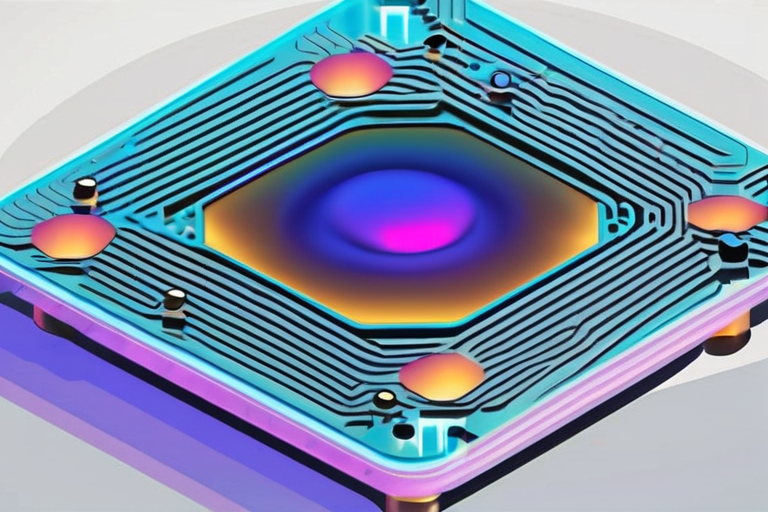Quantum Chips Clear Hurdle to Mass Production: World-Class Accuracy Achieved


Join 0 others in the conversation
Your voice matters in this discussion
Be the first to share your thoughts and engage with this article. Your perspective matters!
Discover articles from our community

 Hoppi
Hoppi

 Hoppi
Hoppi

 Hoppi
Hoppi

 Hoppi
Hoppi

 Hoppi
Hoppi

 Hoppi
Hoppi

Breaking News: Caltech's Record-Breaking Quantum Leap In a groundbreaking achievement, scientists at the California Institute of Technology (Caltech) have built …

Hoppi

The Quantum Breakthrough: Scientists Make Atoms Talk to Each Other Inside Silicon Chips Imagine a world where computers can solve …

Hoppi

Quantum Computers Finally on the Verge of Being Useful For years, quantum computers have been touted as a revolutionary technology …

Hoppi

In partnership withNokia Creating a qubit fit for a quantum future Todays quantum computers are fundamentally impractical. Soon, they hope …

Hoppi

The Whispering Atoms: Scientists Crack Code to Make Silicon Chips Talk Imagine a future where computers can solve complex problems …

Hoppi

Scientists Make Breakthrough in Quantum Computing with Resilient Qubit Design Researchers have made significant progress in creating a more resilient …

Hoppi